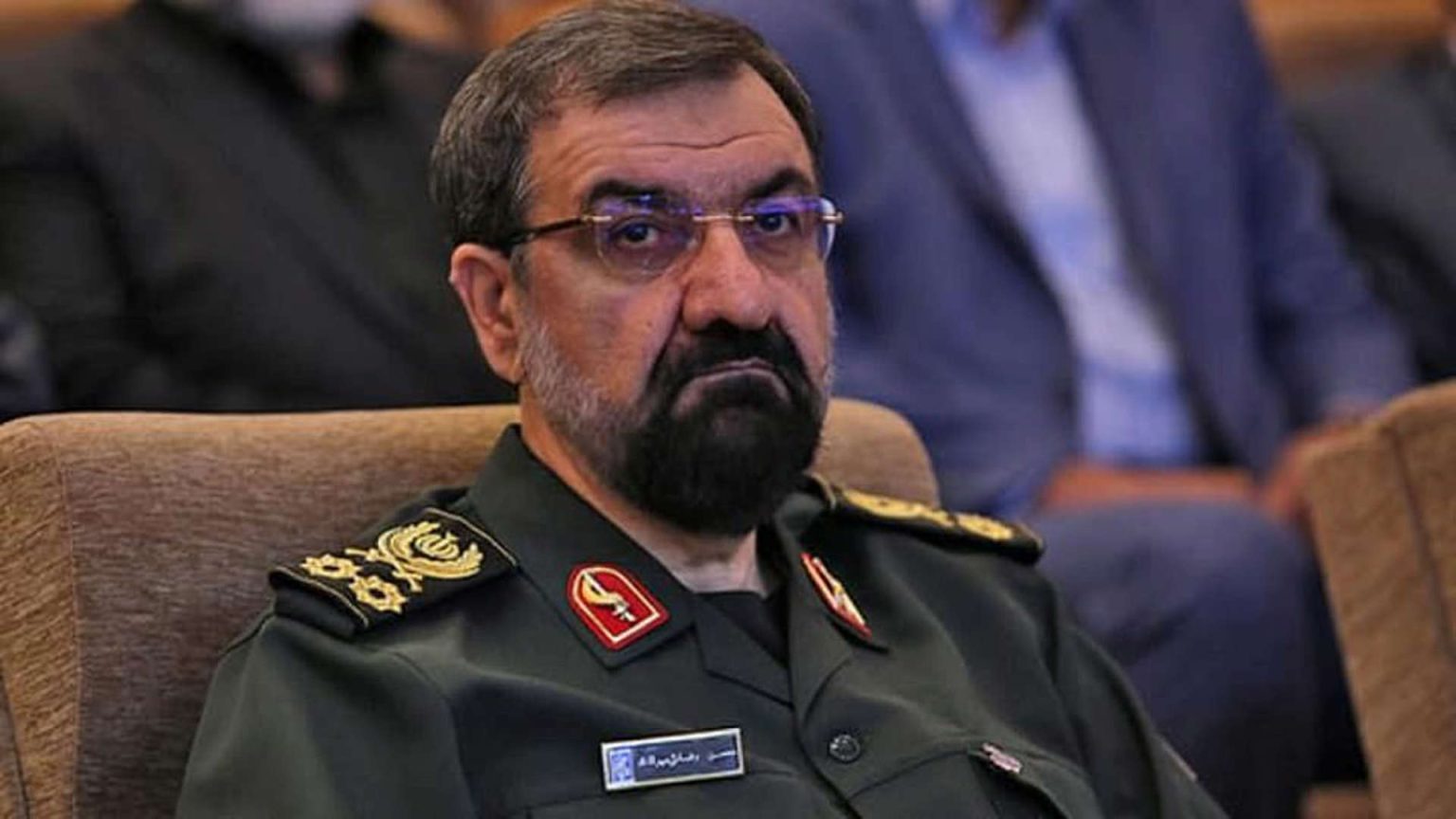Fears of a broader nuclear conflict in the Middle East surged Monday following explosive claims from a top Iranian military official that Pakistan has vowed to launch a nuclear strike on Israel if the latter uses nuclear weapons against Iran.
The startling revelation was made by General Mohsen Rezaee, a senior commander in Iran’s Islamic Revolutionary Guard Corps (IRGC) and a key member of Iran’s National Security Council. In a televised interview aired on Iranian state media late Sunday, Rezaee alleged that Pakistani leadership privately conveyed to Iran their willingness to retaliate against Israel with nuclear force if Tel Aviv initiated a nuclear attack on Iranian territory.
“Pakistan has assured us that if Israel uses a nuclear bomb on Iran, they will attack Israel with a nuclear bomb,” Rezaee stated, sending shockwaves through diplomatic and intelligence circles worldwide.
Diplomatic Fallout and Global Alarm
While Islamabad has not officially confirmed the claim, diplomatic observers are already voicing concern over the potentially catastrophic implications. The prospect of two nuclear-armed states entering a regional war raises the risk of global escalation at a time when the Middle East is already on edge.
“This statement—if accurate—is deeply alarming and risks dragging South Asia directly into the heart of a Middle Eastern conflict,” said Dr. Rachel Stein, a nuclear strategy analyst at the Brookings Institution. “The nuclear threshold is being tested in a way not seen since the Cold War.”
Nuclear-armed Pakistan has historically maintained a complex, largely neutral posture in Middle East affairs, despite its warm diplomatic ties with Iran. Israel, for its part, has never officially confirmed or denied possessing nuclear weapons but is widely believed to have a sizable nuclear arsenal.
Israel Silent, Iran Defiant
The Israeli government has not issued a response to the remarks as of press time. However, in recent days, Israel has intensified airstrikes on Iranian-linked targets in Syria and within Iran itself, claiming they are aimed at deterring future missile launches and suppressing Iran’s alleged nuclear ambitions.
Tehran has maintained that its nuclear program is purely for civilian energy purposes, though Western intelligence agencies and international monitors have raised questions over increased uranium enrichment activities.
In the same interview, General Rezaee reiterated that Iran “will not be intimidated” by nuclear threats or foreign intervention. “We have friends and allies,” he added cryptically, suggesting deepening security arrangements with countries beyond the region.
Pakistan’s Position in Question
Pakistan’s foreign ministry has not responded to repeated international inquiries regarding Rezaee’s remarks. If verified, the statement would mark a stunning departure from Islamabad’s traditionally cautious stance on regional conflicts and its declared policy of “minimum credible deterrence.”
Security experts warn that such a commitment could spark a regional arms race and potentially provoke retaliatory military or diplomatic action by Israel or its allies, including the United States.
“It puts Pakistan in a geopolitical firestorm,” said Major General (Retd.) Thomas Caldwell, a former NATO senior advisor. “Any nuclear posturing—especially on behalf of another state—raises the stakes exponentially.”
Calls for De-escalation
International leaders have urgently called for restraint following the escalation in rhetoric and ongoing military exchanges between Iran and Israel. United Nations Secretary-General António Guterres expressed “grave concern” over the potential for nuclear confrontation, urging all parties to “step back from the brink and reengage through diplomatic channels.”
Meanwhile, the U.S. State Department said it is “closely monitoring” the situation and has dispatched additional diplomats to allies in the region to de-escalate tensions.
“Nuclear threats—veiled or explicit—are unacceptable and endanger global peace,” said U.S. Secretary of State Anthony Blinken during a joint press conference in Berlin. “We are engaging with all partners, including Pakistan, to clarify their position and prevent further deterioration.”
Rising Regional Tensions
The reported nuclear pledge comes amid the worst flare-up in Iranian-Israeli hostilities in decades. Over the last week, at least 60 people have been killed and hundreds injured in reciprocal missile strikes, with both sides accusing the other of escalating violence and targeting civilians.
Iranian officials have accused Israel of bombing a key nuclear research facility near Natanz, while Israeli authorities claimed Iranian rockets struck a residential area in Tel Aviv, killing several civilians.
The situation has prompted mass civilian evacuations in Tehran and Tel Aviv alike, with both capitals under partial lockdown amid ongoing missile alerts.
A Dangerous Precipice
As the rhetoric intensifies and global powers weigh their roles, analysts fear that a single miscalculation could trigger a domino effect that pulls multiple nations—including nuclear-armed ones—into open conflict.
“This is the closest we’ve come in decades to a potential nuclear confrontation in the Middle East,” said Dr. Leila Khorsandi, an Iranian-born scholar of international law at Oxford University. “The international community must act swiftly to restore dialogue, prevent escalation, and ensure that nuclear weapons are never again used as bargaining chips.”
New Daily Prime will continue to follow this developing story as global leaders respond to the growing crisis and potential pathways to de-escalation emerge.



